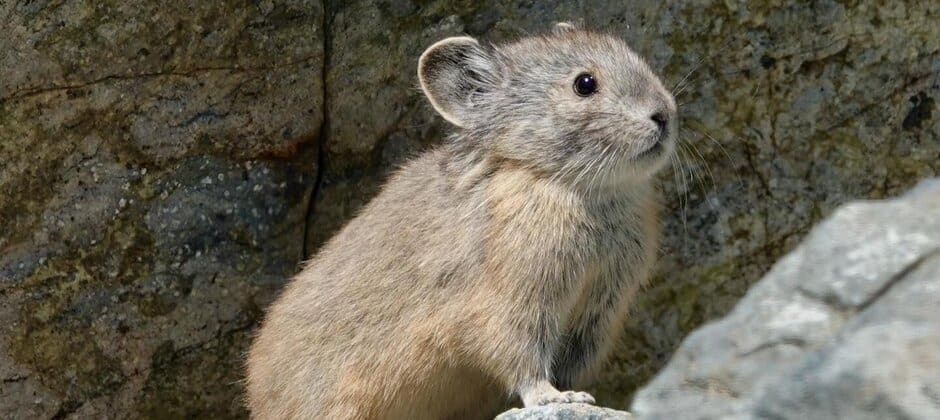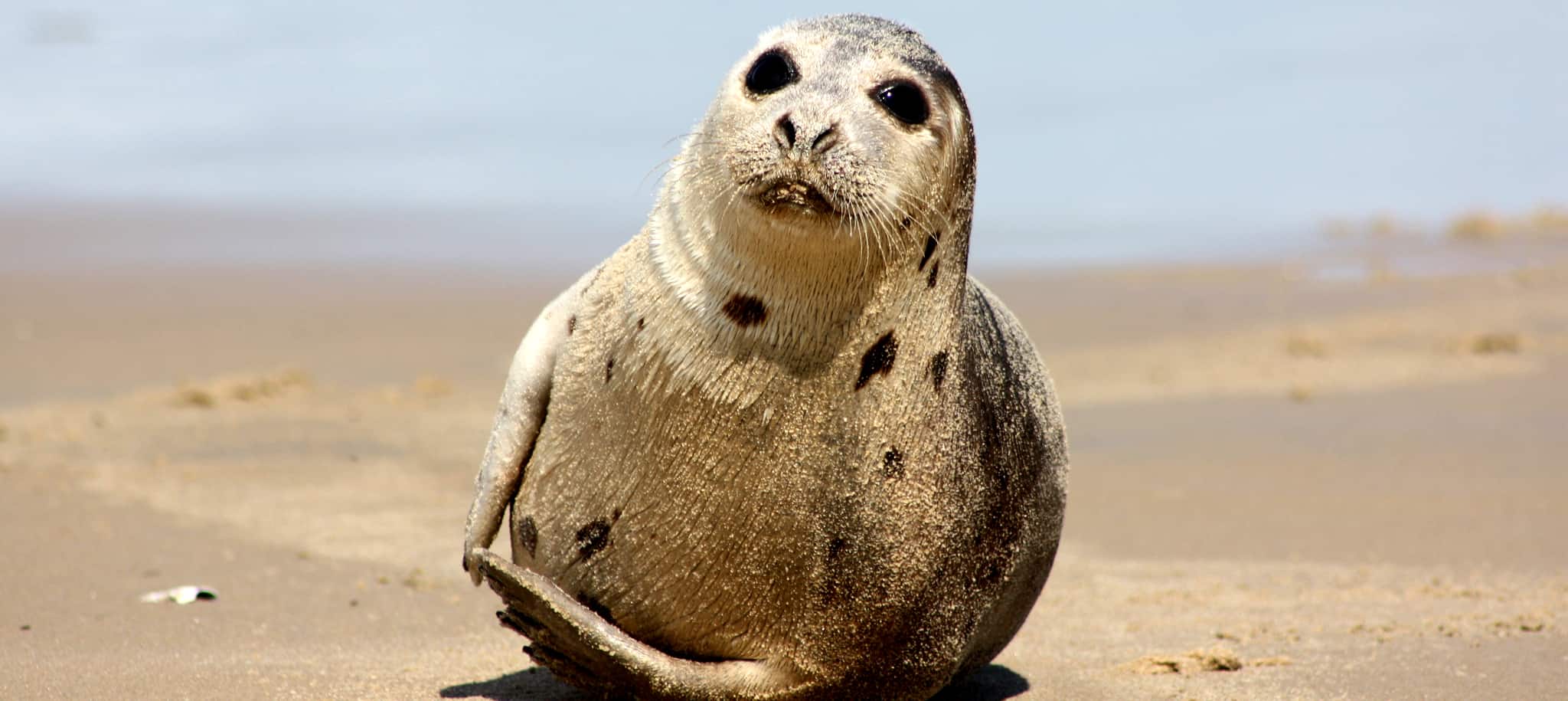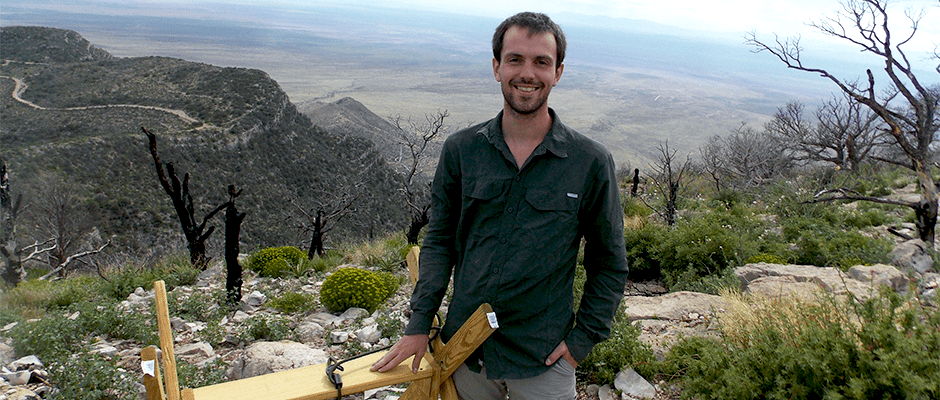- News
-
-
-
-
-
Latest News Articles
- Recreation noise causes wildlife to flee July 26, 2024
- Invasive ants travel by car July 26, 2024
- Voluntary lead-free ammunition program incentivizes hunters July 25, 2024
-
-
-
- Wildlife Professional Resources
-
- Our Network
-
- PUBLICATIONS
-
-
Recent Posts
-
 The Wildlife Professional November/December Issue
November 1, 2023
The Wildlife Professional November/December Issue
November 1, 2023
-
-
-
-
-
-
- Wildlife Events
- Who We Are
-
Tag: distribution

November 17, 2020
Can pikas survive climate change after all?
When Andrew Smith hikes with his wife in the Sierra Nevada, he often wears a T-shirt with a picture of a pika on it. The image of the charismatic, rabbit-like...

January 25, 2019
In icy regions, researchers find polar opposite in predators
Take a cruise from the equator to the poles and you might notice some important changes in marine ecosystem. Species diversity is greater in the tropics, and it dwindles as...

December 21, 2017
Student research project: Chipmunks in the Oscura Mountains
In southern New Mexico, a seldom-studied subspecies of chipmunk faces an uncertain future due to the destruction of the high-elevation coniferous woodlands it inhabits. Using camera traps, a recent student...

